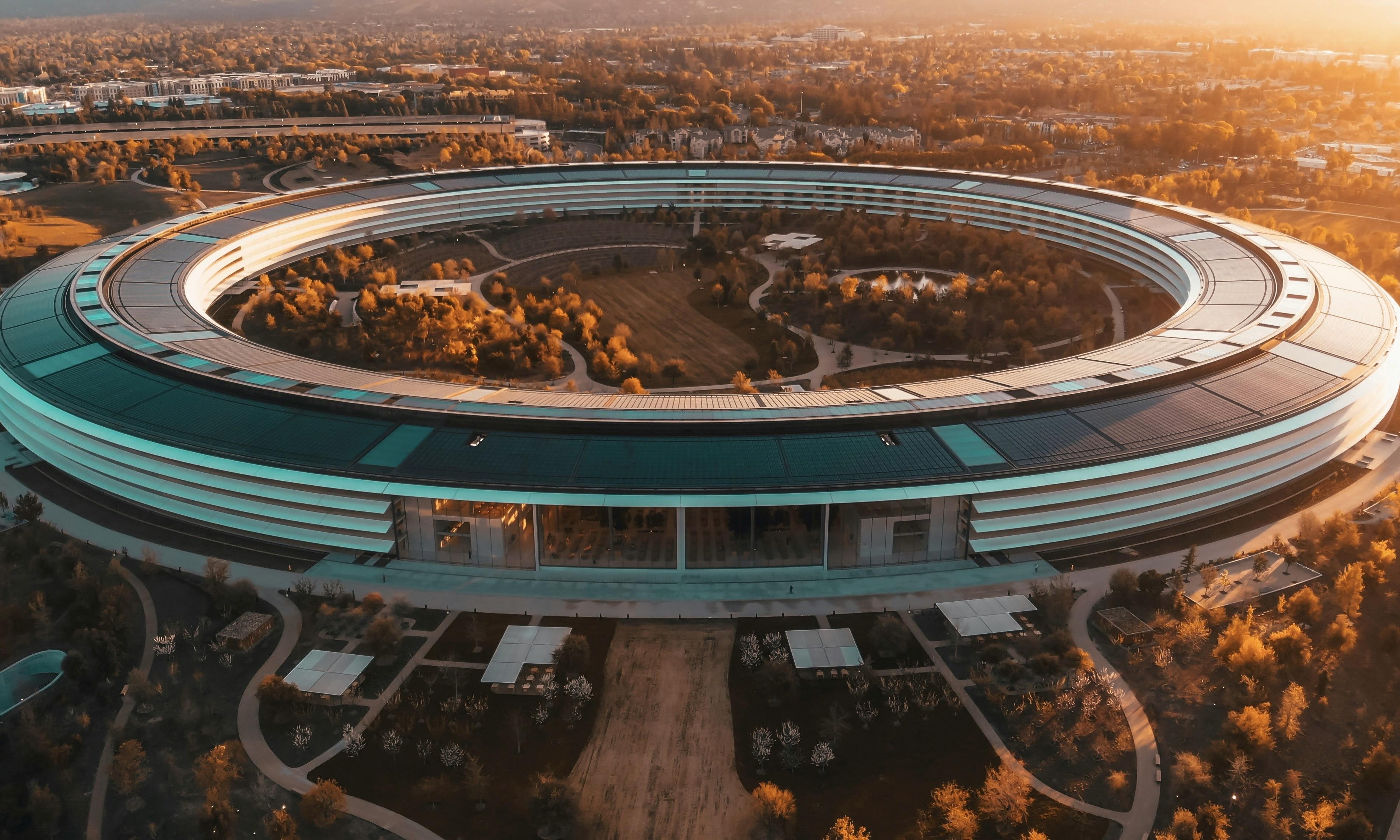Stepping up its AI game, Apple's Zurich lab has successfully attracted 36 experts from Google, marking a significant expansion in its artificial intelligence (AI) operations.
Apple's Aggressive AI Talent Acquisition
The Financial Times reports (via Apple Insider) that the facility has been progressively poaching Google employees to focus on AI. This began in 2018 when John Giannandrea, formerly Google's chief of AI and search, was hired in a highly public manner.
On Tuesday, it was reported that at least 36 additional Google AI professionals had subsequently followed him. The publication's foundation was an analysis of LinkedIn profiles, job advertisements, and research articles.
More specifically, there are reports that Apple is hiring employees for generative AI at two locations in Zurich. The Financial Times claims that one of the two unidentified locations is so low-key that a neighbor is unaware the office even exists.
Zurich: Apple's Low-Key AI Development Site
Apple had already been hiring AI specialists before Giannandrea arrived. Chuck Wooters, a conversational AI and LLM expert who spent 21 months working on Siri in 2013, is quoted:
"During the time that I was there," he said, "one of the pushes that was happening in the Siri group was to move to a neural architecture for speech recognition."
"Even back then, before large language models took off," he continued, "they were huge advocates of neural networks."
The report's primary focus is Apple's Zurich facility, which has been known for seven years. It then connects that to Apple's hiring of personnel from Google and the fact that former Google employees have overseen recent research papers published by Apple.
Apple's Long-Term Investment in AI
Wccftech says that the organization maintains a highly confidential stance regarding its strategy and has been acquiring startups such as Fashwell and FaceShift, both located within its "Vision City" secret laboratory in Switzerland.
The source claims that Apple's team in the area is developing the underlying technology that drives other products, including the ChatGPT chatbot. The new technology's sole goal is to process text and visual inputs and respond appropriately. The concept is similar to that of Google Gemini and ChatGPT.
Photo: Carles Rabada/Unsplash



 SoftBank Shares Slide After Arm Earnings Miss Fuels Tech Stock Sell-Off
SoftBank Shares Slide After Arm Earnings Miss Fuels Tech Stock Sell-Off  Nintendo Shares Slide After Earnings Miss Raises Switch 2 Margin Concerns
Nintendo Shares Slide After Earnings Miss Raises Switch 2 Margin Concerns  Alphabet’s Massive AI Spending Surge Signals Confidence in Google’s Growth Engine
Alphabet’s Massive AI Spending Surge Signals Confidence in Google’s Growth Engine  Once Upon a Farm Raises Nearly $198 Million in IPO, Valued at Over $724 Million
Once Upon a Farm Raises Nearly $198 Million in IPO, Valued at Over $724 Million  Nvidia CEO Jensen Huang Says AI Investment Boom Is Just Beginning as NVDA Shares Surge
Nvidia CEO Jensen Huang Says AI Investment Boom Is Just Beginning as NVDA Shares Surge  OpenAI Expands Enterprise AI Strategy With Major Hiring Push Ahead of New Business Offering
OpenAI Expands Enterprise AI Strategy With Major Hiring Push Ahead of New Business Offering  SpaceX Pushes for Early Stock Index Inclusion Ahead of Potential Record-Breaking IPO
SpaceX Pushes for Early Stock Index Inclusion Ahead of Potential Record-Breaking IPO  Trump Backs Nexstar–Tegna Merger Amid Shifting U.S. Media Landscape
Trump Backs Nexstar–Tegna Merger Amid Shifting U.S. Media Landscape  TrumpRx Website Launches to Offer Discounted Prescription Drugs for Cash-Paying Americans
TrumpRx Website Launches to Offer Discounted Prescription Drugs for Cash-Paying Americans  Elon Musk’s Empire: SpaceX, Tesla, and xAI Merger Talks Spark Investor Debate
Elon Musk’s Empire: SpaceX, Tesla, and xAI Merger Talks Spark Investor Debate  SpaceX Updates Starlink Privacy Policy to Allow AI Training as xAI Merger Talks and IPO Loom
SpaceX Updates Starlink Privacy Policy to Allow AI Training as xAI Merger Talks and IPO Loom  SoftBank and Intel Partner to Develop Next-Generation Memory Chips for AI Data Centers
SoftBank and Intel Partner to Develop Next-Generation Memory Chips for AI Data Centers  Palantir Stock Jumps After Strong Q4 Earnings Beat and Upbeat 2026 Revenue Forecast
Palantir Stock Jumps After Strong Q4 Earnings Beat and Upbeat 2026 Revenue Forecast  Anthropic Eyes $350 Billion Valuation as AI Funding and Share Sale Accelerate
Anthropic Eyes $350 Billion Valuation as AI Funding and Share Sale Accelerate  Instagram Outage Disrupts Thousands of U.S. Users
Instagram Outage Disrupts Thousands of U.S. Users 































